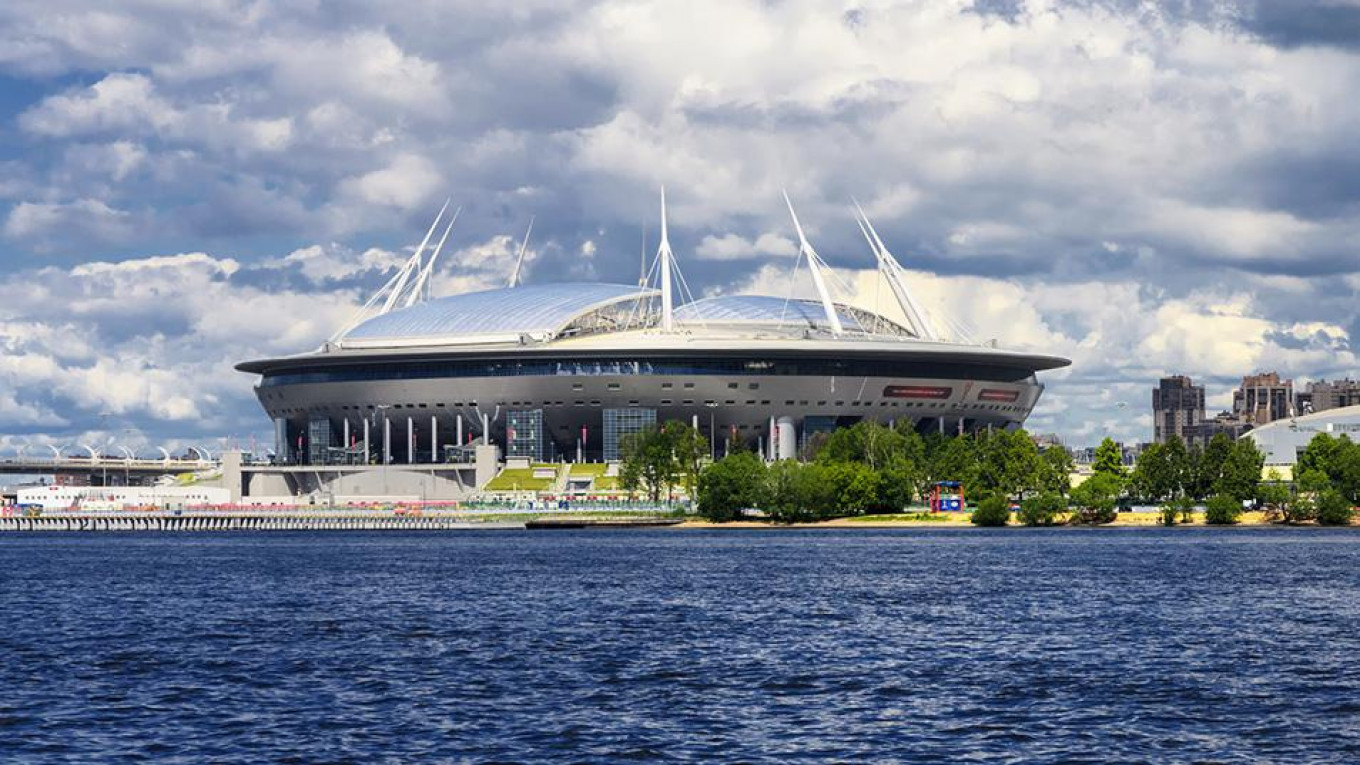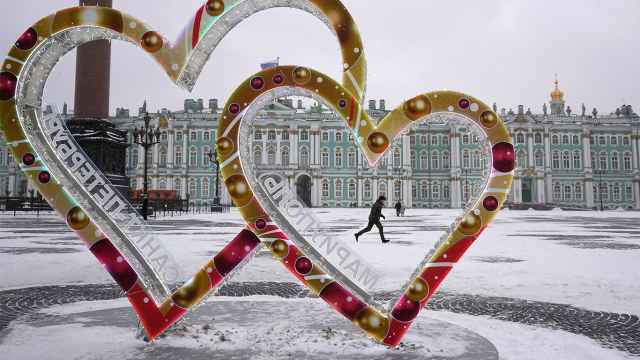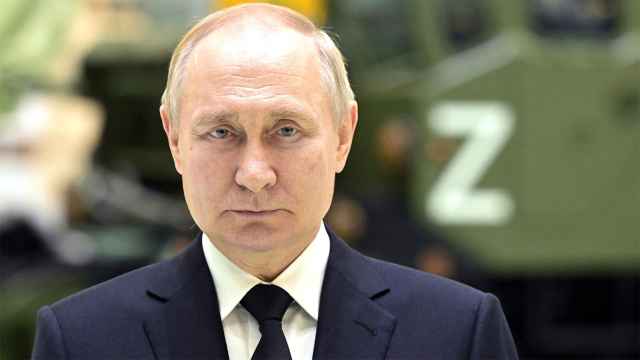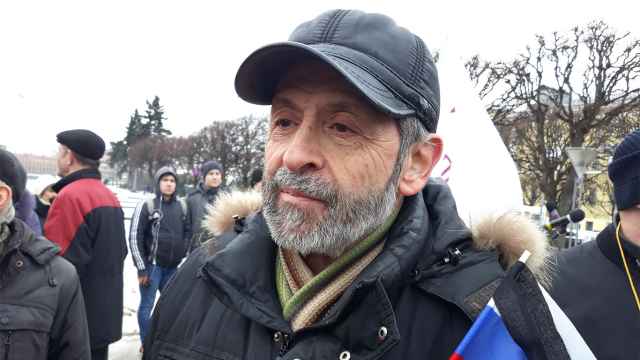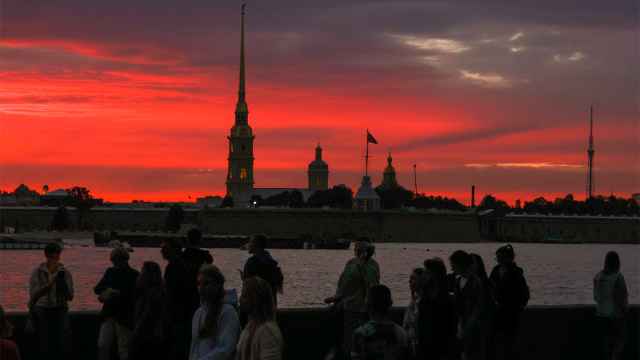History
While it might not be obvious from looking at the finished product, the brand-new St. Petersburg Stadium was, in many ways, a disaster. It ran more than five times over budget and was 514% late. At a rumored cost of $1.5 billion, it is likely the most expensive football stadium ever built. Like the 2014 Olympics in Sochi, the construction was viewed as a symbol of the corruption and incompetence that has flourished under Vladimir Putin’s rule.
A former St. Petersburg vice-governor admitted to accepting a bribe of over $300,000. The project was also the subject of an extensive investigative report by the Norwegian magazine Josimar, which documented the 110 North Koreans working on the stadium essentially as slaves.
Even when the stadium was completed, there were problems with the result. The ground under the pitch vibrated, the roof leaked, and it is far from public transportation. Stadium representatives had to fix a mini PR crisis after Portugal’s star player Cristiano Ronaldo described the grass as “somewhat too long.”
Russia has had time to iron out these problems. The 2017 Confederation Cup passed without major incidents, and hopefully this year’s spectators will be able to enjoy the admittedly beautiful stadium. Zenit fans have certainly learned to love their new home since 2017, when it was leased to the team for the next 49 years, at the cost of one ruble (less than two cents).
Architecture and Location
The structure itself is a marvel. It was designed by Japanese architect Kisho Kurokawa, and is affectionately called the “spaceship.” Indeed, this 67,000-seat arena looks ready to rocket off into space.
The location could not offer better views. It is perched on the tip of Krestovsky Island, which is surrounded by the Neva River and the Gulf of Finland. Much of the rest of the island is dominated by a large park. Here you will find a petting zoo for post-traumatic goat feeding in case your team loses, and scream-inducing roller coasters, if you haven’t lost your voice shouting from the stadium stands.
Getting There
One of the main gripes from spectators about the arena is its lack of nearby public transportation. The nearest metro station is Krestovsky Ostrov, easily a 20-minute walk away. The authorities have promised shuttle buses on game days, but they won’t stop any closer to the stadium. The shuttles will run from the airport, and the metro stations Ploshchad Vosstaniya, Petrogradskaya and Vyborgskaya.
A Message from The Moscow Times:
Dear readers,
We are facing unprecedented challenges. Russia's Prosecutor General's Office has designated The Moscow Times as an "undesirable" organization, criminalizing our work and putting our staff at risk of prosecution. This follows our earlier unjust labeling as a "foreign agent."
These actions are direct attempts to silence independent journalism in Russia. The authorities claim our work "discredits the decisions of the Russian leadership." We see things differently: we strive to provide accurate, unbiased reporting on Russia.
We, the journalists of The Moscow Times, refuse to be silenced. But to continue our work, we need your help.
Your support, no matter how small, makes a world of difference. If you can, please support us monthly starting from just $2. It's quick to set up, and every contribution makes a significant impact.
By supporting The Moscow Times, you're defending open, independent journalism in the face of repression. Thank you for standing with us.
Remind me later.


